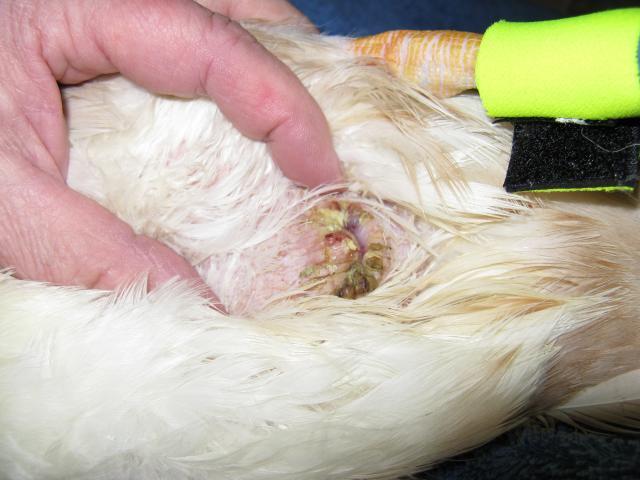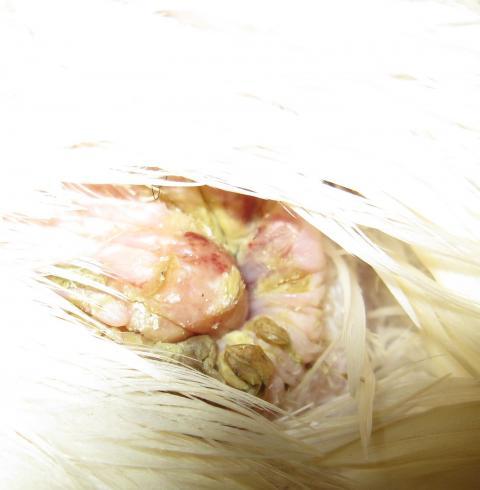- Thread starter
- #11
Okay I've soaked my duck Angel a couple times yesterday and twice today and applied honey. It looks a lot better, but here are some pictures. It is amazing how healing that honey is. I hope this isn't any kind of mite or lice thing going on. Please tell me what you think? It looks like the honey is helping for sure. I've looked with a flashlight for any kind of bugs and haven't been able to spot anything, beings that I've never seen any before don't know if I would know if I saw one. Help!!!!!






